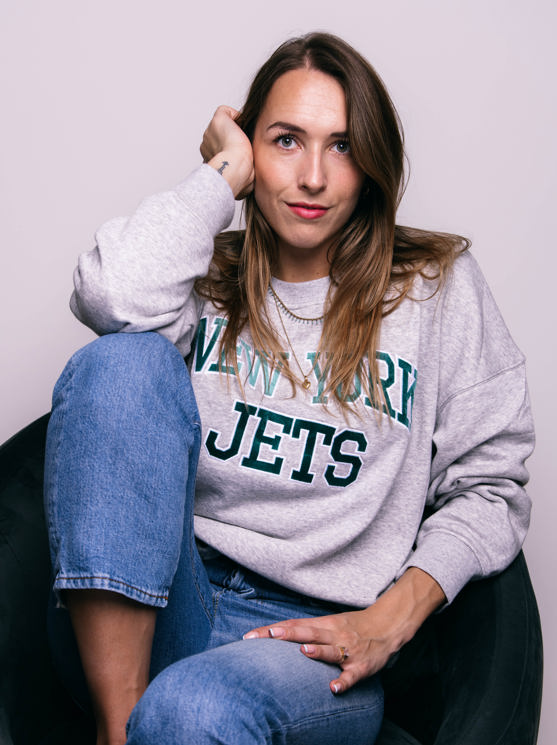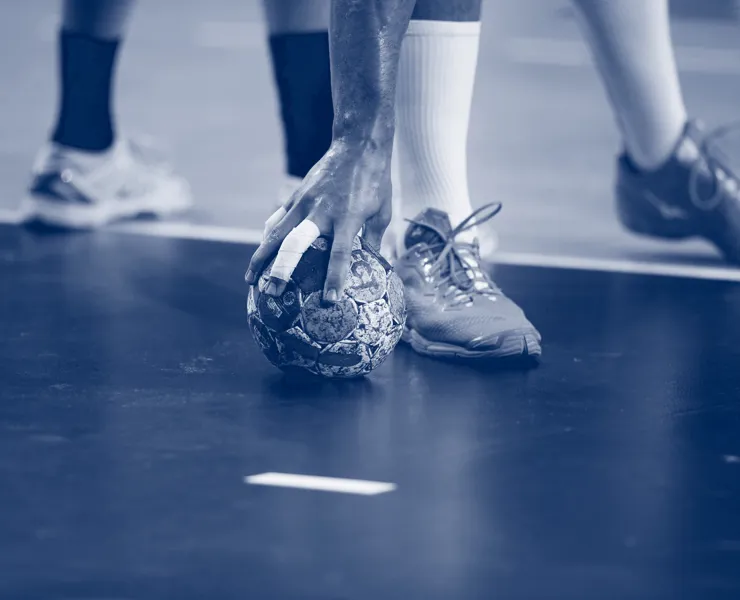I have grown in this role. I stand up and take that responsibility. Luckily it works out well many times, too. Like that penalty in the last second of the World Championship final against Spain.
It was a chaotic situation; I didn’t realise right away that it was a penalty. So, there was not much time to think about it. I remember saying to myself: “This is just a penalty, and I am just going to take it like I have done I don’t know how many times this tournament.”
I knew I had to take a penalty like I always do, and to not think about the consequences. That mindset is something that has come through the years, I have learned that through experience. But of course, it could still have gone wrong...
I am probably the player with the fewest rituals. I always find it interesting to see what others do, but I don’t have it. I don’t do things in a certain order or rhythm, put my right shoe on first, or something like that. That is nothing for me.
It happens though that others get angry with me because I am standing on their spot, or I am disturbing their ritual. At the club, we always listen to the same song before we go on court. I am not in charge of it, so I just listen to what they play. This season I asked if we have new song for the new season, but no, we don’t, we keep the same song.
Both my parents played handball, so I always joined them as a little girl, and naturally I started playing as well. All my weekends were spent in the sports hall. An uncle of mine was also playing, so the whole family was into handball.
Nowadays they are always coming to World and European Championships, they make a family trip of it. They are very involved and are closely following my career.
For me it was obvious to start playing handball as a kid, but I also wanted to try other sports that my friends at school were doing. But I always came back to handball, I was not made for something else than a team sport.
For me it was boring when I was playing tennis or judo on my own. I liked it much better to do a team sport.
Handball is a great sport, a lot happens. Joost is a soccer player, we sometimes talk about it. In soccer you have periods where nothing happens, in handball you cannot blink, or you miss something from the action.
I like the daily training, joking around with teammates and the social aspect. When I return home from training, I feel like I have not just done my sport but also had a social get-together.
I am pretty close with my teammates, even if we might play together only a few years. That is what I like about handball, you build friendships pretty easily.
Lois Abbingh

Photo courtesy of Joost Lieder











